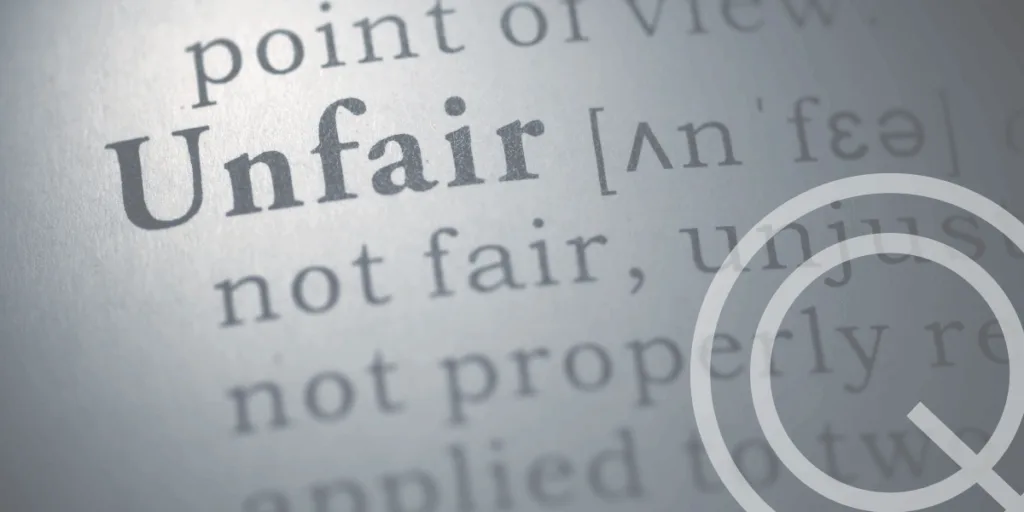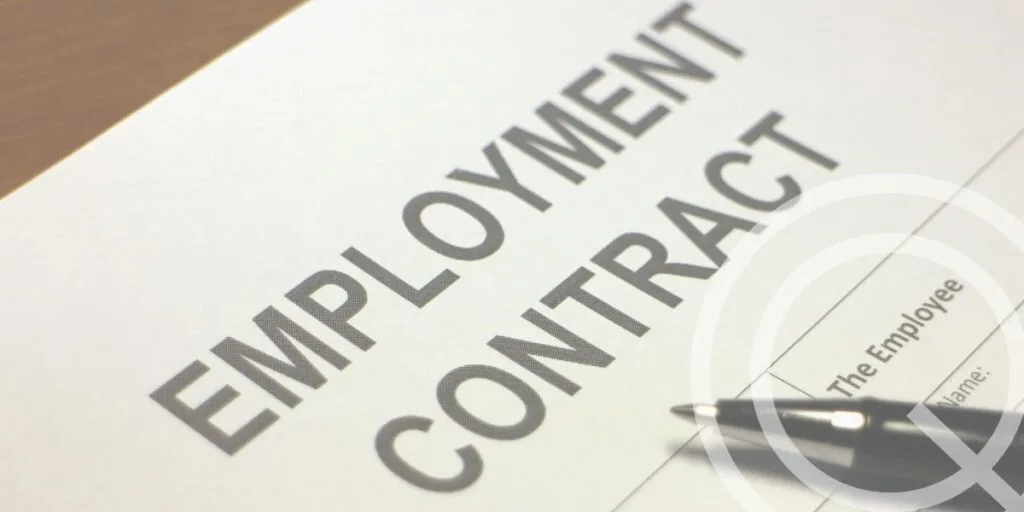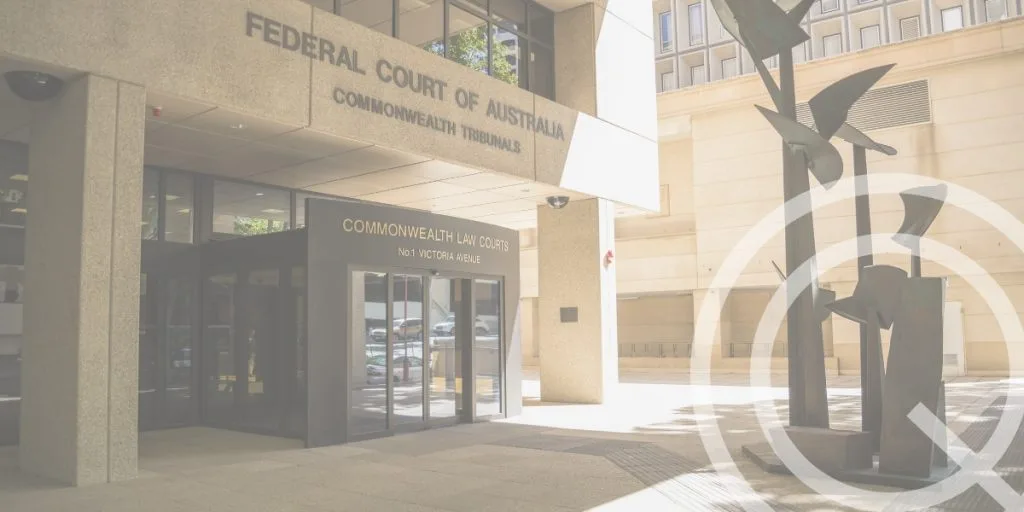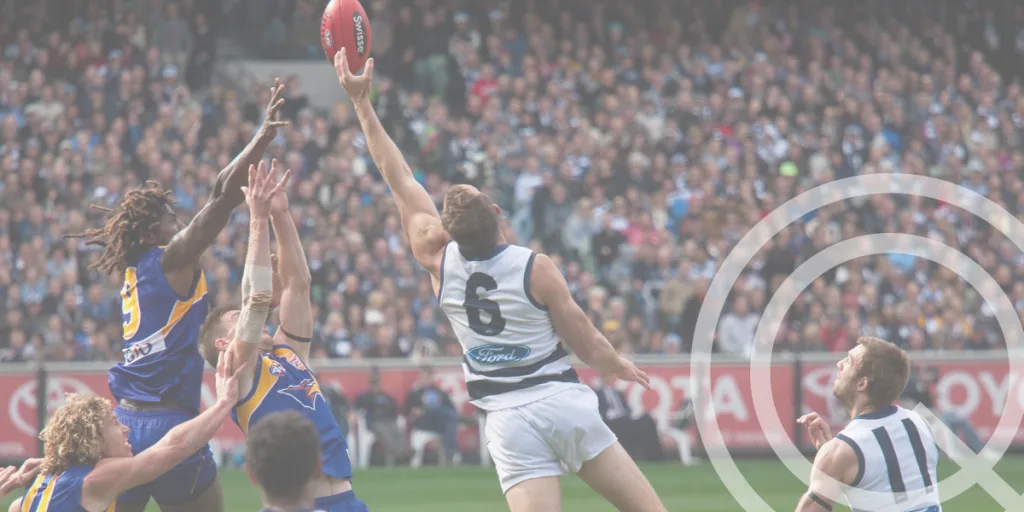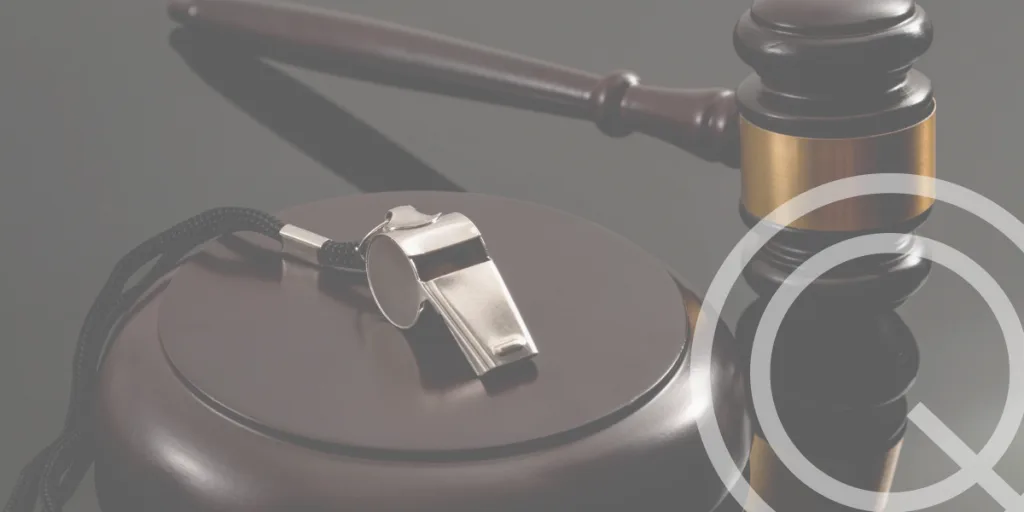Case review | Can engaging with employees with poor mental health be unfair? Questions posed by a recent FWC ruling
A fabricated text message was pivotal in a recent unfair dismissal case in the Fair Work Commission (FWC). The case, which went to appeal, provided a number of learnings for investigators and employers.



